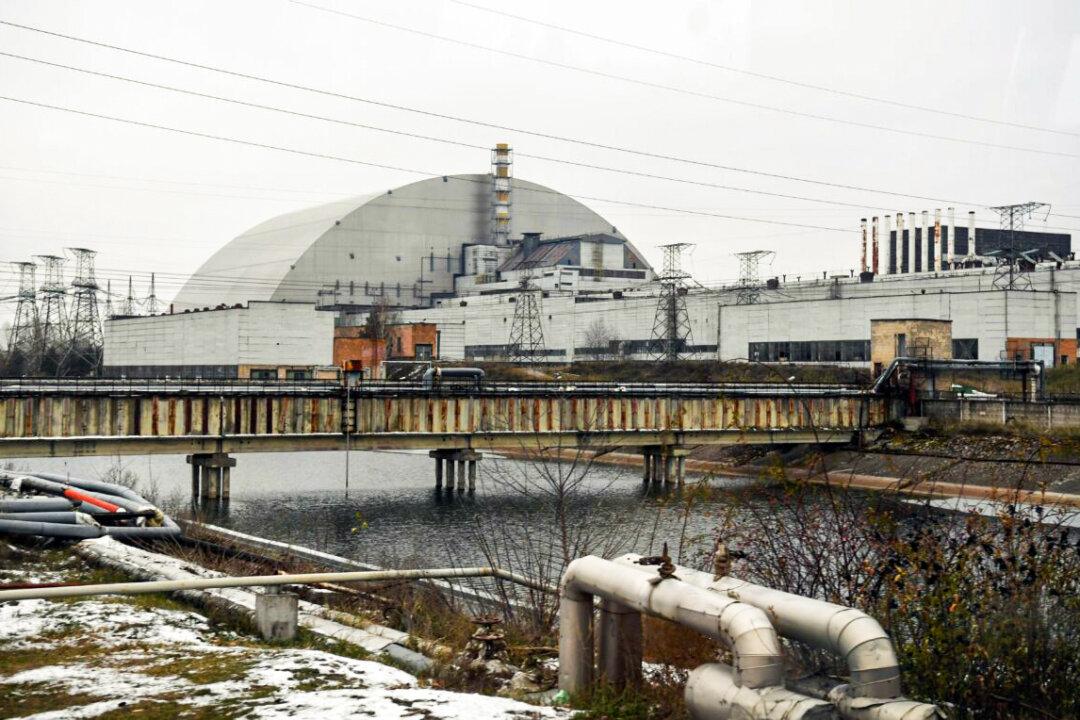Russian forces have destroyed a laboratory at the Chernobyl nuclear power plant and seized highly radioactive samples, according to Ukrainian officials.
The Ukrainian state agency responsible for the Chernobyl exclusion zone said in a statement Tuesday that Russian forces “looted and destroyed” the lab, which was opened in 2015 with support from the European Union and worked to improve management of radioactive waste.





